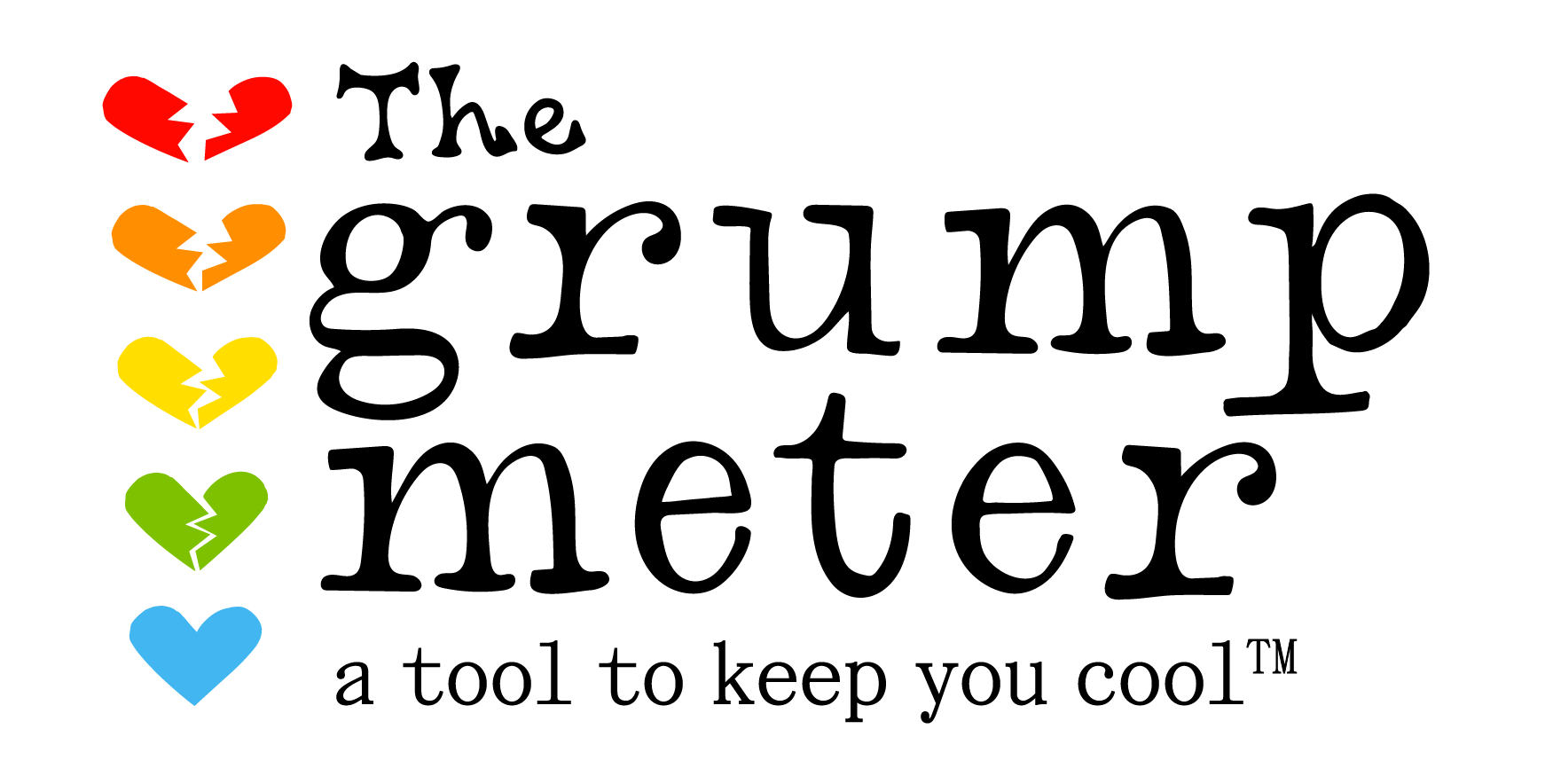Teen Suicide Prevention
Please use the Grump Meter for teen suicide prevention.
Over 10 years, Lynn worked with with over 1000 suicidal youth. When asked what color these young people were on when they explored, gestured, or attempted suicide, 100% said they were “on Red.” Young people often do not feel able to find language for their feelings of despair, pain, trauma, insult, and frustration. They may act impulsively to escape these feelings.
“What concerns me is that man, unable to articulate, to express himself adequately, reverts to action. Since the vocabulary of action is limited, as it were, to his body, he is bound to act violently, extending his vocabulary with a weapon where there should have been an adjective.”
--Joseph Brodsky, poet & Nobel Laureate
Two profound ways to use the Grump Meter for teen suicide prevention:
1) help youth prevent the climb all the way up to Red
2) if children or teens on their way up the Grump Meter, help find a way to come down to Blue and Green.
In conversations with a trusted listener, children and teens express thoughts and feelings that they desperately want to be heard. They say things like:
What I say does not matter.
No one wants to know how I feel.
I am afraid to speak up.
My parents don’t listen to me.
They wouldn’t believe me.
My family is important to me but I don’t think I’m important to them.
I feel like I’m different in my family and they only see people like them.
I can’t handle the stress of school.
No matter how different children’s perceptions are from their parents, children want to be understood and accepted with whatever feelings they have. Feeling heard can prove a vital step toward choosing life and healing.
Practice listening
Use the Grump Meter to start conversation between you and a child or teen. If a young person says s/he is “living on yellow” or “can’t get down from orange” or is “imploding on red inside,” pay attention. Get quiet. Keep listening. Find a way to keep the conversation going. Listen for what you haven’t heard before. Have “curious conversation.” Try saying things like…
“What do you mean by that?”
“How do you feel about that?”
“Say more about that…”
“What’s the biggest trigger that sends you up the Grump Meter?”
“In the past, what has helped you come back down the Grump Meter?”
If you’re inclined to problem solve or argue back, don’t. Listen with your whole being—your ears, heart, eyes. These are all tools in the Grump Meter toolbox.
Listen. Apologize if needed. Stay curious.
Start seeking resources for help—for the person you care about, and maybe yourself, too.
Please contact us to confer or consult.

